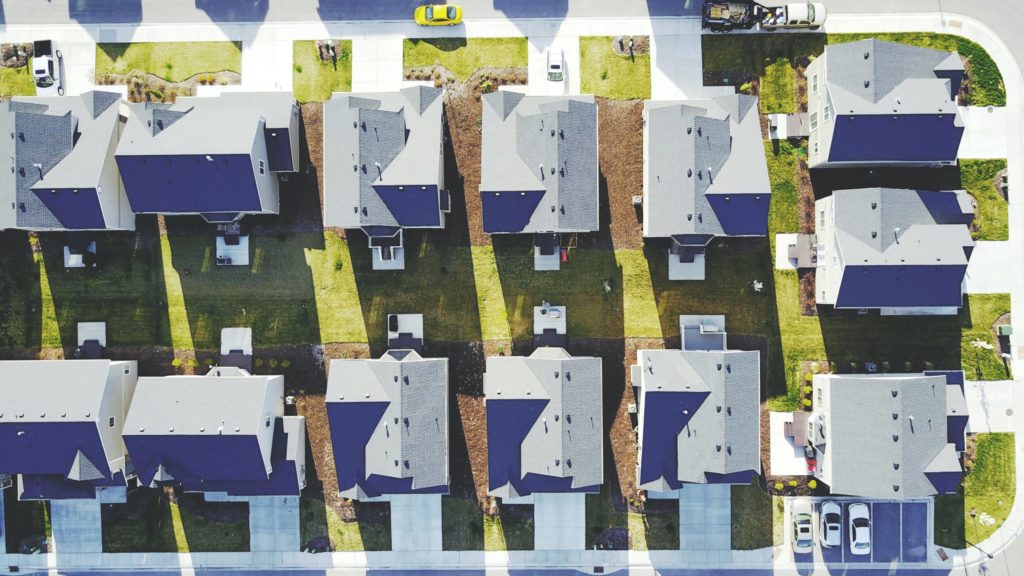The FWD #130
300 Words
Existing single-family home sales hit a record low over the summer.
At the end of 2019, the Realtor.com 2020 National Housing Forecast predicted that 2020 U.S. housing inventory would be at a historic low. Of course, this was before COVID-19 changed everything—including the housing industry.
Although recent housing starts have offered hope of increased supply on the horizon, last year’s predictions came to fruition when the Wall Street Journal reported that there were only 1.3 million single-family existing homes for sale in July—the lowest supply for any July since 1982.
Simultaneously, demand continues to boom, especially for first-time homebuyers looking to take advantage of record low mortgage interest rates. High demand has resulted in a summer of bidding wars. Redfin reports that more than half of all offers they tracked over the past four months led to multiple competitive bids.
As this imbalance between supply and demand continues to tilt towards sellers, the national median sales prices for existing homes reached a record high of $304,100 in July.
And the fall slowdown that normally comes around this time doesn’t seem to be happening anytime soon.
Unfortunately, this seller’s market continues to lock out those most in need of affordable housing. The lack of existing single-family homes for sale prevents many from entering homeownership. For low-income and minority families, home resales are a critical path to homeownership. But in a seller’s market, they have a harder time competing with buyer’s who have more cash on hand.
Increasing the supply of housing and upzoning may provide some help, especially when the cost to build a home is much more expensive than it was 50 years ago. In addition to increasing supply, building smaller and more diverse types of homes could provide greater opportunities to not only help release existing homes into the market, but also provide more entry-level pricing.
The world has changed in 2020— and with your help, we can change with it. Donate now on our website or through the Commonwealth of Virginia Campaign (Charity #200102).
